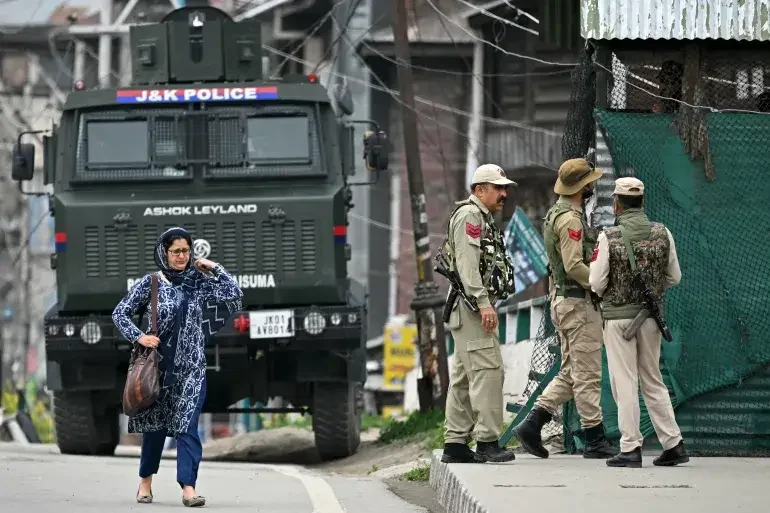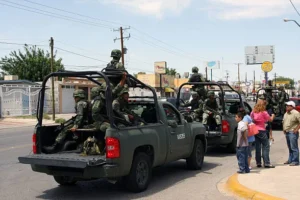The India-Pakistan ceasefire appears to be holding, days after intense military exchanges killed dozens along the disputed border. Fighting erupted after gunmen killed 26 civilians, including tourists, in Indian-administered Kashmir’s Pahalgam region on April 22.
India blamed a Pakistan-based group and responded with a military operation targeting nine locations across Pakistan and its part of Kashmir. Pakistan denied involvement in the Pahalgam attack but launched counterstrikes, claiming to hit 26 military sites in India, including its capital, Delhi.
On Wednesday, India reported destroying multiple militant camps and said it killed over 100 fighters in retaliatory precision strikes. As the conflict escalated, both sides accused each other of cross-border shelling, drone intrusions and aircraft losses near the Line of Control.
Indian forces said they hit 11 Pakistani air bases, including one in Rawalpindi, and inflicted significant losses on Pakistani troops. Pakistan responded by claiming it downed 5 Indian aircraft, including three French Rafales, though India has confirmed the losses.
Amid the rising tensions, US President Donald Trump announced on Saturday that the two countries had reached a ceasefire agreement. Trump posted on social media that the United States mediated overnight talks, resulting in a full and immediate ceasefire.
US Secretary of State Marco Rubio and Vice President JD Vance reportedly spent two days negotiating with officials from both countries. India’s government confirmed the ceasefire but denied that Washington played a significant role, contradicting US statements about its involvement.
Pakistan welcomed American mediation, thanking President Trump and Rubio for their efforts to calm the region.
India reopened 32 airports on Monday, signaling reduced hostilities, though both countries remain on high alert for ceasefire violations. Top generals from India and Pakistan are scheduled to meet on Monday to iron out the details of the fragile agreement. Both sides claim military success and emphasize their readiness to act if provoked, despite the ongoing India-Pakistan conflict










